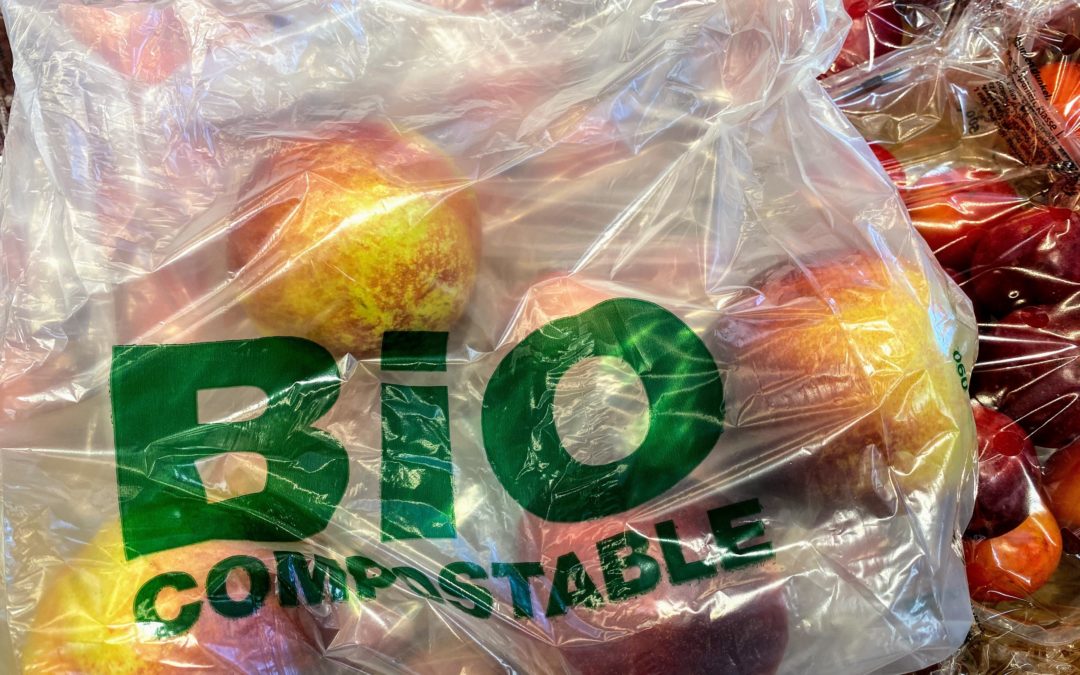However, technological advances have actually made plastic more sustainable than you might think. Alternative packaging materials like glass and cardboard require more energy and water to produce, are heavier to ship, and tend to be more expensive — both for you and for consumers! In addition, plastic is a safer choice for consumers since it doesn’t break like glass or disintegrate like cardboard, keeping whatever’s inside contained.
Let’s take a closer look at how advances like plant-based additives have made poly bag packaging not only a practical choice, but also a sustainable and essential one.
What Makes Plant-Based Poly Bag Packaging so Essential?
Plant-based plastic, also called bioplastic, contains scraps or waste materials from agricultural resources such as corn, wheat, bamboo, sugar cane, and rice. These raw materials are combined with traditional ones found in plastic to make a more eco-friendly poly bag option.
Today, many companies are looking for ways to leave a smaller footprint, yet are still in need of packaging that offers cost-effectiveness and practicality. Plant-based plastic has become essential to these businesses in order to achieve both their economical and environmentally-friendly goals.
As an added bonus, because sustainability is so highly regarded, using plant-based poly bags enhances not only the value of your product, but of your company as well.
How is Plant-Based Poly Bag Packaging More Planet Friendly?
Plant-based poly bags put less strain on the earth because they are made from abundant, renewable resources, which don’t typically require pesticides or chemicals to be produced.
In addition, fewer fossil fuels are used, and thus fewer emissions are released in the manufacturing of plant-based poly bags. And since plastic weighs less than alternative packaging materials like metal, wood, glass, and even cardboard, there are fewer fuel emissions in their transport as well (on top of fewer costs!).
Finally, plant-based poly bag packaging is recyclable, and in some cases biodegradable.
Why Choose Plant-Based Poly Bag Packaging?
Let’s face it, plastic bags aren’t going away any time soon! Despite the bad rap plastic gets, it remains essential for many industries including healthcare, manufacturing, and agriculture. Fortunately, technological advances like plant-based additives have helped make plastic a solution that not only helps companies stay healthy but also the earth.
If you need packaging that’s cost-effective and practical but you are also striving to be more sustainable, plant-based poly bags offer all the durability, versatility, and affordability of traditional plastic options with fewer negative effects on the environment. In other words, when you choose plant-based poly bag packaging, you can have your cake and eat it too!
A-Pac Manufacturing is doing its part to help create more sustainable options for businesses like yours. We offer custom formulas with the plant-based additive NuPlastiQ which deliver the same durable poly bags you trust, with up to 20% fewer fossil fuels. Contact us online or give us a call to learn more.

